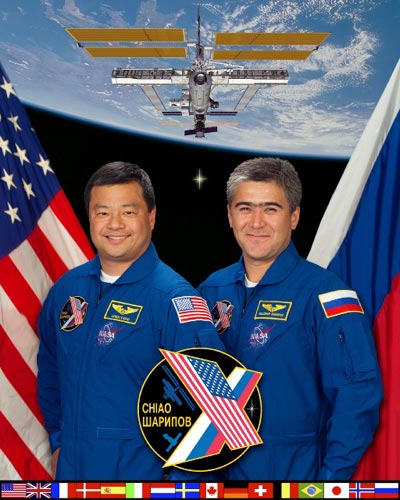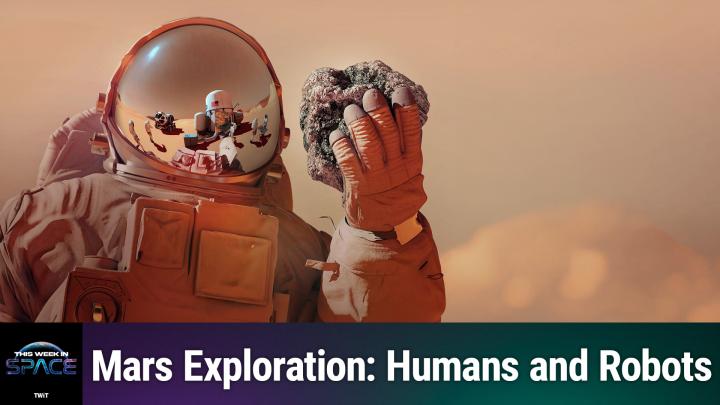Repaired Oxygen Generator Fails Again Aboard ISS

Breaking space news, the latest updates on rocket launches, skywatching events and more!
You are now subscribed
Your newsletter sign-up was successful
Want to add more newsletters?
The crew of the International Space Station (ISS) started off 2005 with a familiar glitch, a malfunctioning oxygen generator that has led flight controllers to dip into air supplies aboard a recently arrived cargo ship.
After three failed attempts by ISS Expedition 10 flight engineer Salizhan Sharipov to repair the Russian-built Elektron oxygen generator, flight controllers in Russia tapped into the oxygen stores aboard the Progress 16 supply ship to repressurize the station while they continue to work the problem, NASA officials said today.
Sharipov and Expedition 10 commander Leroy Chiao are in no danger and have an ample supply of oxygen onboard that will last well until the next cargo ship's arrival later this year, they added.
"We're good on oxygen," NASA spokesman Rob Navias told SPACE.com.
Russian flight controllers used 7.1 pounds of the 110 pounds of oxygen and air aboard Progress 16, which arrived on Dec. 25 and contained about a two-week supply, Navias said during ISS mission commentary today.
Additional oxygen sources aboard the ISS include a 42-day supply in the form of solid fuel canisters, as well as two full tanks inside the U.S.-built Quest airlock.
A familiar problem
Breaking space news, the latest updates on rocket launches, skywatching events and more!
While the Elektron device, the station's main oxygen generator, stopped functioning early on Jan. 1, it is not the first time the equipment has failed.
The station's last crew, Expedition 9 commander Gennady Padalka and flight engineer Michael Fincke, also had their share of frustration with the device in September 2004. Ultimately, working with spare parts delivered during Expedition 10's Oct. 16 arrival, both station crews were able to repair the device.
Russian engineers believe gas bubbles may have caused the most recent Elektron shutdown, but subsequent repair efforts by Sharipov - a veteran cosmonaut with Russia's Federal Space Agency - have proved unsuccessful.
NASA officials said Sharipov tried to flush the bubbles out with an external circulation device built by Padalka for the same purpose, but it appears the bubbles may have migrated into that device as well.
Russian engineers continue to go over data from Sharipov's repair attempts, Navias said, adding that the Expedition 10 crew could also use spare parts for the Elektron, which arrived aboard Progress 16, should they be needed.
"The Russians have been able to troubleshoot and restore the Elektron generator in the past," Navias said during ISS commentary earlier today.
While the non-functioning Elektron is currently the only issue facing the ISS crew, a Russian-built air scrubber designed to remove carbon dioxide from the station's cabin atmosphere did shut down Sunday, NASA officials said. Air scrubbing duties were temporarily performed by equipment in the U.S.-built Destiny module until the Russian device was successfully brought back online, they added.
Complete Coverage: ISS Expedition 10

Tariq is the award-winning Editor-in-Chief of Space.com and joined the team in 2001. He covers human spaceflight, as well as skywatching and entertainment. He became Space.com's Editor-in-Chief in 2019. Before joining Space.com, Tariq was a staff reporter for The Los Angeles Times covering education and city beats in La Habra, Fullerton and Huntington Beach. He's a recipient of the 2022 Harry Kolcum Award for excellence in space reporting and the 2025 Space Pioneer Award from the National Space Society. He is an Eagle Scout and Space Camp alum with journalism degrees from the USC and NYU. You can find Tariq at Space.com and as the co-host to the This Week In Space podcast on the TWiT network. To see his latest project, you can follow Tariq on Twitter @tariqjmalik.
